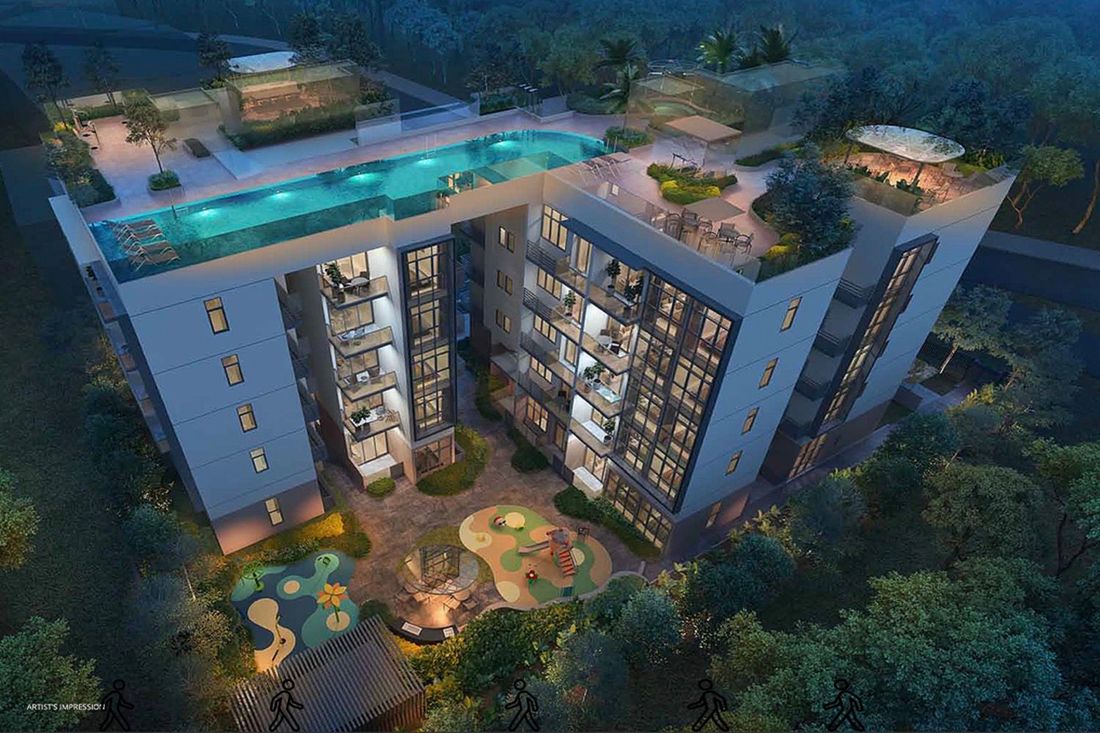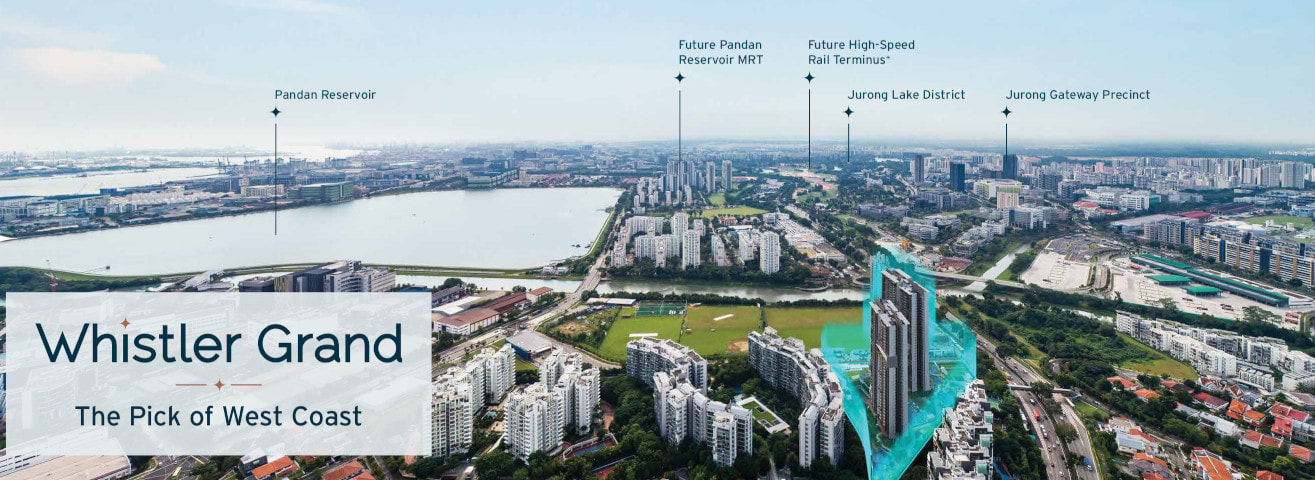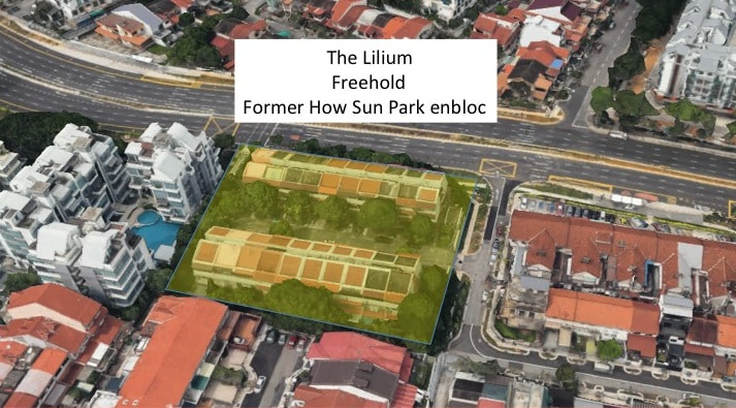MTI The escalating trade war and other headwinds will rein in Singapore's economy next year, the Trade and Industry Ministry said. It forecasts economic growth of 1.5 per cent to 3.5 per cent next year, a drop from the estimated 3 per cent to 3.5 per cent expansion this year. The biggest risk would be the loss of global business and consumer confidence if the trade war between China and the United States intensifies. This means the outlook for demand is slightly weaker next year compared with this year, with more risks for the global economy. Signs of a weakening economy are already evident here, with the third quarter expanding at the slowest pace this year. Growth came in at 2.2 per cent in the three months to Sept 30 compared with the same period last year, and was well down on the 4.1 per cent expansion in the second quarter. The 2.2 per cent figure fell short of the 2.4 per cent consensus forecast of analysts polled by Bloomberg and the MTI's 2.6 per cent advance estimate. The ministry said growth was supported mainly by the finance and insurance, manufacturing and business services sectors. Most industries saw slower expansion or contraction.
Singapore exports not very exposed to trade war:
MTI analysts The world's biggest economies are at loggerheads but Singapore's exposure to the US-China trade war is small, an official analysis has found. Value added from US-China bilateral exports made up 1.29 per cent of Singapore's gross domestic product (GDP) last year, two government economists wrote in a report. Economists from the Ministry of Trade and Industry (MTI), added in their report that "the actual impact of the ongoing US-China trade conflict on the Singapore economy would likely be smaller for two reasons".
Only some of the goods exported between the US and China have been slapped with tariffs, they noted. Also, while tit-for-tat duties could hurt bilateral export volume, "it is not likely that the exports would fall to zero". The Republic's top export partners, by value added, are the combined Asean-5 markets of Malaysia, Indonesia, the Philippines, Thailand and Vietnam; China; the European Union-28 bloc; the US; and India. The share of the economy embodied in Asean-5 exports in fact grew between 2011 and 2017, from 4.66 per cent to 5.25 per cent, even as value added built into exports to China, the US, and EU members dipped. Other watchers also believe that growth from exports to five key South-east Asian markets could shelter the Republic from the conflict.
Business climate worsens, but Singapore's prospects still beat China's, survey finds
Global trade woes may send some business Singapore's way, but uncertainty is still weighing down companies' near-term outlook. This is the take-away from the latest Business Times-Singapore University of Social Sciences (BT-SUSS) Business Climate Survey, which polled 157 firms from Sept 18 to Oct 17. Companies reported weaker business performance in the third quarter, and their outlook for the six months to end-March was largely pessimistic. The last time that the quarterly survey turned up negative readings for all four key indicators was a year ago. But a fifth of the firms still named Singapore as the market with the rosiest prospects for the year ahead, beating out China and Vietnam - which shared second place - by a broad seven-point margin.
Non-oil domestic exports (Nodx) posted a better-than-expected 8 per cent jump year on year in the third quarter, driven by non-electronic shipments, which grew for the fifth straight quarter while electronics declined. Total trade rose for the eighth consecutive quarter, expanding 14.7 per cent in the three months to Sept 30, up from a 10.2 per cent increase in the second three months of the year, trade promotion agency Enterprise Singapore noted yesterday. The improvement in both oil trade and non-oil trade led Enterprise Singapore to raise sharply its official 2018 growth forecasts for trade to 9 to 9.5 per cent and 5.5 to 6 per cent for Nodx.
NODX outperforms in October after disappointing in September
Non-oil domestic exports (NODX) proved to be unpredictable once again, surging 8.3 per cent in October when the market was looking at an expansion of only 1.0 per cent The month before, NODX had underperformed with a growth of 8.1 per cent from a year ago. October saw the seventh straight month of increase - thanks to a strong advance in non-electronic shipments, which outweighed a continued decline in domestic electronics exports, said trade promotion agency Enterprise Singapore in a statement. The electronic NODX fell 3.5 per cent in October - the 11th straight month of decline - and the fall was sharper than the 1.3 per cent dip in September. Non-electronic NODX, on the other hand, grew at 12.8 per cent clip to extend the 11.8 per cent increase in the previous month.
Singapore at forefront in Asia for talent competitiveness
Singapore has come up tops in Asia for talent competitiveness this year, according to a global ranking by Swiss business school IMD. Among the Asian economies in the IMD World Talent Ranking 2018, Singapore retained its position as 13th in the world, ahead of traditional rival Hong Kong which fell six spots to 18th. This was followed by Malaysia, which jumped six places to come in 22nd. The ranking evaluated 63 economies from around the world in developing, attracting and retaining talent based on three factors: investment and development, appeal, and readiness. Singapore fared well in attracting highly skilled professionals from abroad, management remuneration and education outcomes, but it was dragged down by its investment in public education, where it ranked 60th.
Singapore among choice locations for finance companies
Hong Kong, Tokyo and Singapore are choice destinations in the region for finance companies to be based, a study said, with the financial services sector expected to continue to play a key role in growth for the region. The report is based on a comprehensive study of 16 cities in developed and emerging markets across Asia, looking at nearly 60 criteria covering areas such as socio-economic factors and property. Singapore was in No 3 position, behind Tokyo. The Republic remains an attractive regional base for many financial institutions owing to its stable political and economic environment, probusiness policies, active capital market and robust regulatory framework.
Faced with the cooling en bloc market, Minbu Villa, a freehold residential development in Novena, is going up for tender at S$145.8 million again, but this reserve price could be lowered if 80 per cent of the owners agree. Its earlier collective sale bid was launched in March and closed on April 17 without a winning bid. This time, more than 60 per cent of the owners by share value and strata area have signed a supplemental agreement to lower the reserve price to S$129.1 million, translating to a land rate of S$1,200 psf ppr. The site has a land area of 38,426 sq ft, and a gross plot ratio of 2.8. Completed in 1981, the 10- storey development comprises 33 apartments and a penthouse. In-principle approval has also been granted by the Singapore Land Authority for the alienation of a piece of adjoining state land approximately 195.9 sq m in size; this could lower the land rate by another S$34 psf ppr. The tender for Minbu Villa closes on Dec 18.
Opposing collective sale doesn't exempt owners from stamp duty
In a collective sale of private homes, residents who oppose it will still have to pay any seller's stamp duty that applies to them, said Second Finance Minister Lawrence Wong in Parliament on Nov 20. The reason is that the collective sales committee is given the powers to enter into a sale-andpurchase agreement on behalf of all owners when it gets the consent of the required majority of residents in the property, he added. This agreement is binding on all owners. Mr Wong, who is also the National Development Minister, was replying to Mountbatten member of parliament Lim Biow Chuan, who asked whether the seller's stamp duty is waived for those who do not sign the agreement to launch a collective sale.
HDB terrace near Whampoa sold for record price of nearly S$1.2 million
A Housing and Development Board (HDB) terrace house was sold for nearly S$1.2 million in the third quarter of this year, smashing a previous record for the priciest HDB unit ever sold, according to a real estate trends report. The 237 sq m HDB terrace located along Jalan Bahagia near Whampoa was sold in September for S$1.185 million. The three-room property has 52 years remaining on the 99-year lease, which began in 1972. There are only 285 of such terrace properties in Singapore. Over the past five years, 63 HDB terrace homes have been sold across the island. In Jalan Bahagia alone, 23 HDB terrace transactions were made over the past five years, four of which were in the past nine months. The price of the Jalan Bahagia unit sold in September is slightly higher than the S$1.18 million record set by a five-room Design, Build and Sell Scheme (DBSS) flat in Bishan that changed hands in February last year. The third most expensive HDB unit sold is a five-room DBSS flat at Lorong 1A Toa Payoh, which transacted at S$1.16 million.
New rules for housing developers to prevent money laundering
Housing developers will bear more responsibilities and duties to prevent money laundering and terrorism financing from happening in the real estate sector under a Bill passed in Parliament. This, along with other proposed changes in the Developers (Anti-Money Laundering and Terrorism Financing) Bill, will bring Singapore's anti-money laundering and terrorism financing regime in line with international standards, said Minister for National Development Lawrence Wong. Under the amendments, developers will need to carry out due diligence checks on purchasers, keep proper records relating to these checks, and report any suspicious transactions to Suspicious Transaction Reporting Officers. They will also need to train employees and establish processes to mitigate money laundering and terrorism financing risks. The Bill will make amendments to the Housing Developers (Control and Licensing) Act and the Sale of Commercial Properties Act. The changes include barring people convicted for money laundering and terrorism financing from being licensed housing developers, and disqualifying them from holding responsible positions at development firms. The Controller of Housing, who administers regulations related to developers, will also be given enforcement powers to ensure compliance with the new provisions.
Lease Buyback Scheme extension: Details likely ready by early 2019
The details of the Lease Buyback Scheme's (LBS) extension to all flats should be ready by early next year. Under the LBS, flat owners aged 65 and above who meet several other criteria can sell part of their flat's lease to the Housing Board while retaining the length of lease based on the age of the youngest owner. The proceeds from such a sale will be used to top up their Central Provident Fund (CPF) Retirement Account, which can subsequently be used to purchase a CPF Life plan that provides individuals with a monthly income for life.






 RSS Feed
RSS Feed
